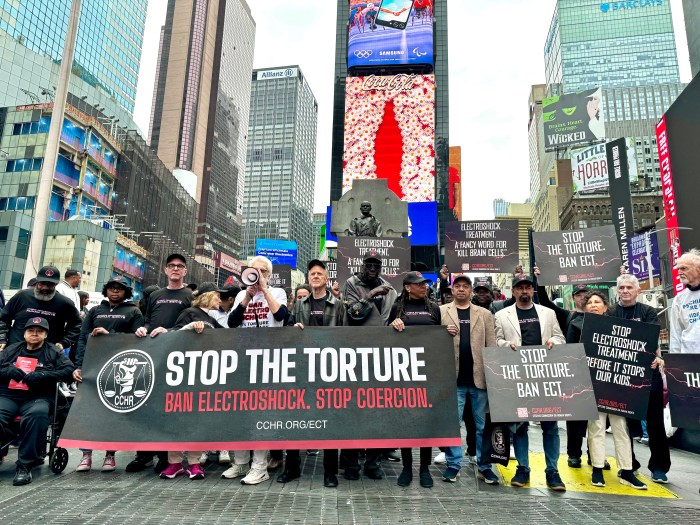The Canadian Taxpayers’ Federation is right. There, I’ve said it. And it only hurt a little.
While I can — and do and will — dispute the larger goals of this never-met-a-public-expenditure-it-can-stomach crowd, the CTF did discover real slime under its latest freedom-of-information rock.
Though there are only a million aboriginals in Canada, 82 reserve politicians “earned” more than the prime minister’s $315,462 salary last year, 222 pocketed more than their provincial premier counterparts and 704 raked in the tax-free equivalent of $100,000-plus.
One Nova Scotia councillor — on a reserve with 304 members — took home $978,468 tax free.
Some First Nations leaders argue these CTF remuneration numbers are ripped from their context — that the packages lump together salaries, honoraria, travel expenses and contracts for native businesses, and that native political leaders don’t get plush pensions like their non-native colleagues.
Some complain darkly that singling out native leaders smacks of racism.
Mi’kmaq elder Daniel Paul blames the Department of Indian Affairs, which he says has been “well aware of what’s going on and have chosen not to do a thing about it.”
There is plenty of blame to go around.
Traditional government paternalism coupled with a more recent laissez-faire fear of appearing to question First Nations’ autonomy created fertile ground for nefarious native leaders who choose to take advantage.
Whenever politicians operate in secret and are unaccountable to the people who elect them, entitled-to-their-entitlements corruption is sure to follow. (See Nova Scotia MLA expense scandal, federal sponsorship scandal, David Dingwall, et al, ad nauseum.)
What makes this scandal more difficult to digest is the stark reality of non-leader aboriginal life in Canada.
Consider the third-world conditions that exist on many Canadian reserves. Consider that aboriginal young people are seven times more likely to commit suicide than the national average. Consider that the unemployment rate for aboriginals in Nova Scotia last year was 17.4 per cent compared with nine percent for non-aboriginals, and that employed aboriginals earned just 77 per cent of hourly waged non-aboriginals.
Now consider again those CTF numbers.
It is past time for transparency and accountability. It’s time to put power in the hands of native communities, not native leaders.
















